Water Cooled Chillers

In the rapidly developing commercial sphere of Greensboro, NC, maintaining a comfortable indoor environment is of paramount importance. To serve this purpose, commercial HVAC (Heating, Ventilation, and Air Conditioning) systems have become indispensable. A crucial component of these systems, particularly in larger establishments, is the water-cooled chiller. Understanding how this device functions, its benefits, and its significance in Greensboro's commercial landscape can offer insights into its widespread adoption.
What is a Water-Cooled Chiller?
A water-cooled chiller is a type of refrigeration system that uses water to dissipate heat, unlike air-cooled chillers which utilize air for the same purpose. At its core, this device works by absorbing heat from process water, which is then transferred to a separate water source like a cooling tower. The heat from the process water is removed, and the now chilled water is recirculated back into the system to cool the environment or machinery.
Components and Working Mechanism
The primary components of a water-cooled chiller include the evaporator, compressor, condenser, and expansion valve.
- Evaporator: The process starts here. Warm water from the system flows into the evaporator, where a refrigerant absorbs the heat, causing the refrigerant to evaporate.
- Compressor: The gaseous refrigerant, now carrying the heat, moves to the compressor. The compressor's function is to compress the refrigerant gas, thereby increasing its temperature and pressure.
- Condenser: This high-pressure hot gas then travels to the condenser, where water from a cooling tower absorbs the heat from the refrigerant. As the refrigerant loses heat, it condenses back into a liquid form.
- Expansion Valve: The high-pressure liquid refrigerant then flows through the expansion valve, where its pressure drops, and it partially vaporizes into a low-pressure liquid and gas mixture. This mixture goes back to the evaporator, and the cycle begins anew.
Benefits of Water-Cooled Chillers
Several reasons make water-cooled chillers a preferred choice for commercial HVAC in Greensboro, NC:
- Efficiency: Water has a higher heat capacity than air. This means water-cooled chillers can remove more heat with less energy compared to air-cooled counterparts, making them more energy-efficient.
- Longevity: With fewer moving parts exposed to the outside environment, these chillers tend to have a longer lifespan, which is particularly significant for commercial establishments looking for long-term investments.
- Space-saving: Given that they don't require large fans like air-cooled chillers, water-cooled versions often have a smaller footprint, making them suitable for urban commercial spaces where land is premium.
Significance in Greensboro, NC's Commercial HVAC Landscape:
Greensboro, NC, with its bustling commercial centers and a growing demand for efficient cooling solutions, finds water-cooled chillers an apt choice. The city's warm summers make efficient cooling systems not just a luxury but a necessity. As businesses in Greensboro prioritize sustainability and energy efficiency, the role of water-cooled chillers becomes even more pivotal.
Moreover, as the commercial sector in Greensboro expands, the demand for sophisticated, efficient, and durable HVAC systems rises. Water-cooled chillers, with their efficiency and longevity, perfectly align with these requirements, solidifying their place in Greensboro's commercial HVAC landscape.
Conclusion
Water-cooled chillers are a testament to the fusion of technology and sustainability. Their integration into the commercial HVAC systems of Greensboro, NC, underscores the city's commitment to energy-efficient solutions. As the city continues to grow, the significance of such solutions, especially in the commercial sector, is bound to augment, making water-cooled chillers a key player in the region's HVAC narrative. If you would like to know more about chillers call us today!
Check out our other locations in Charlotte, Greensboro, Winston and High Point!
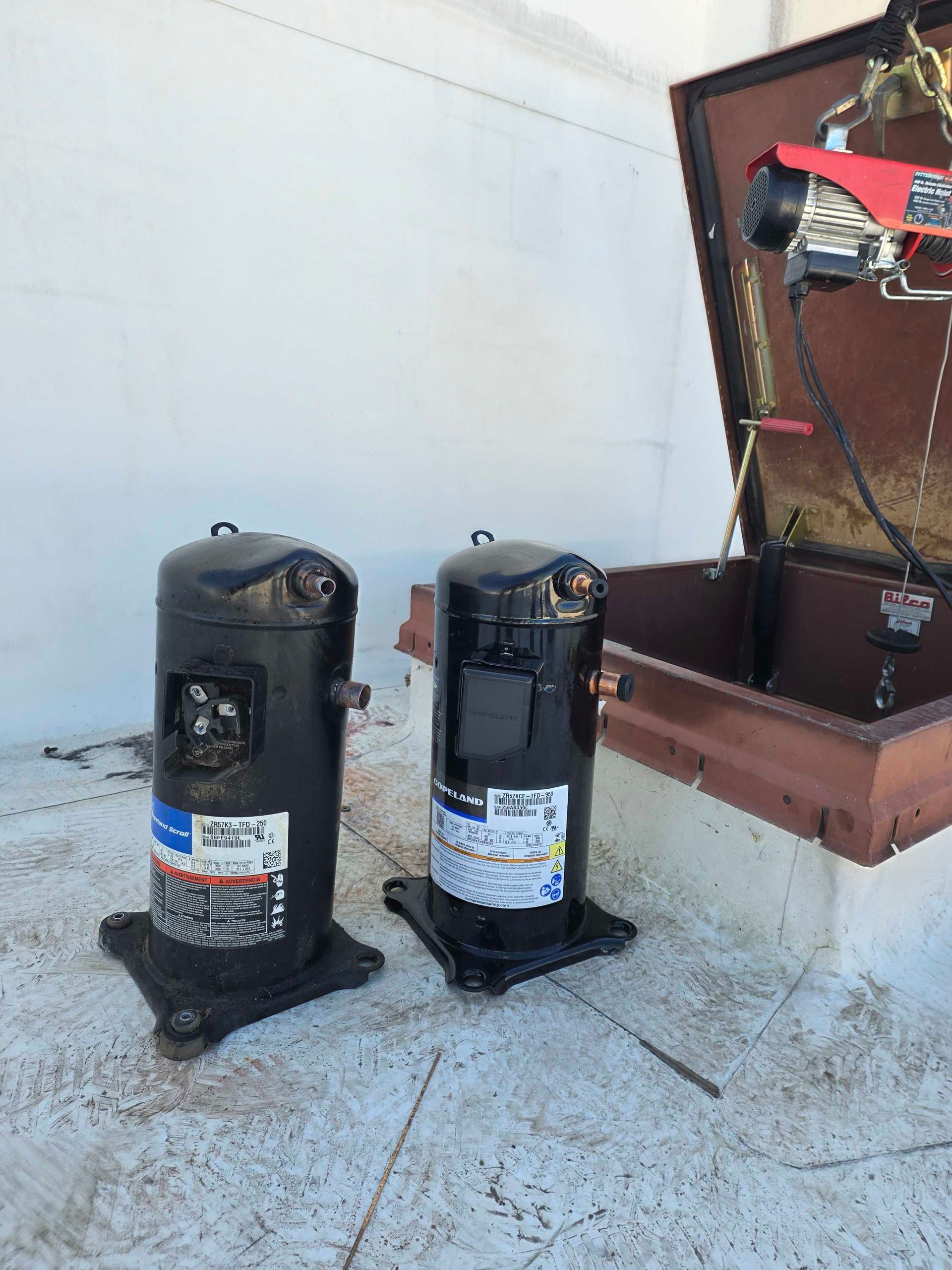

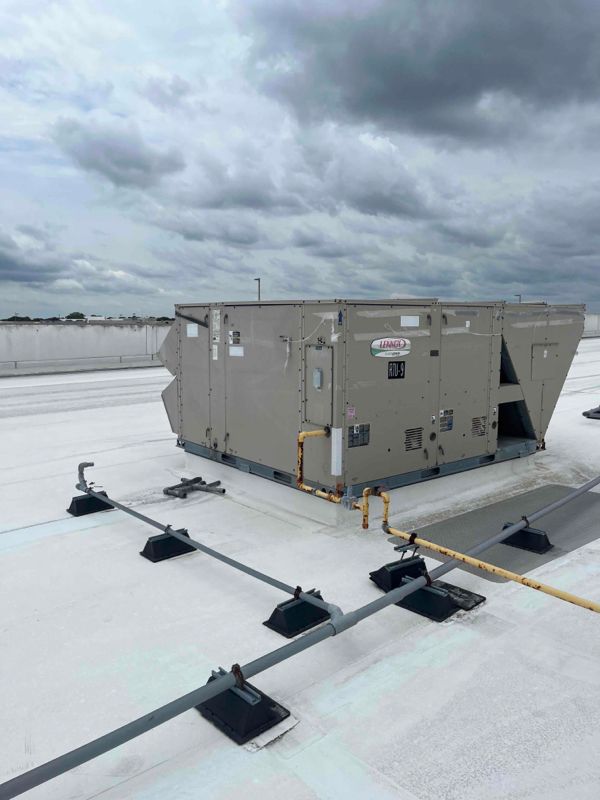
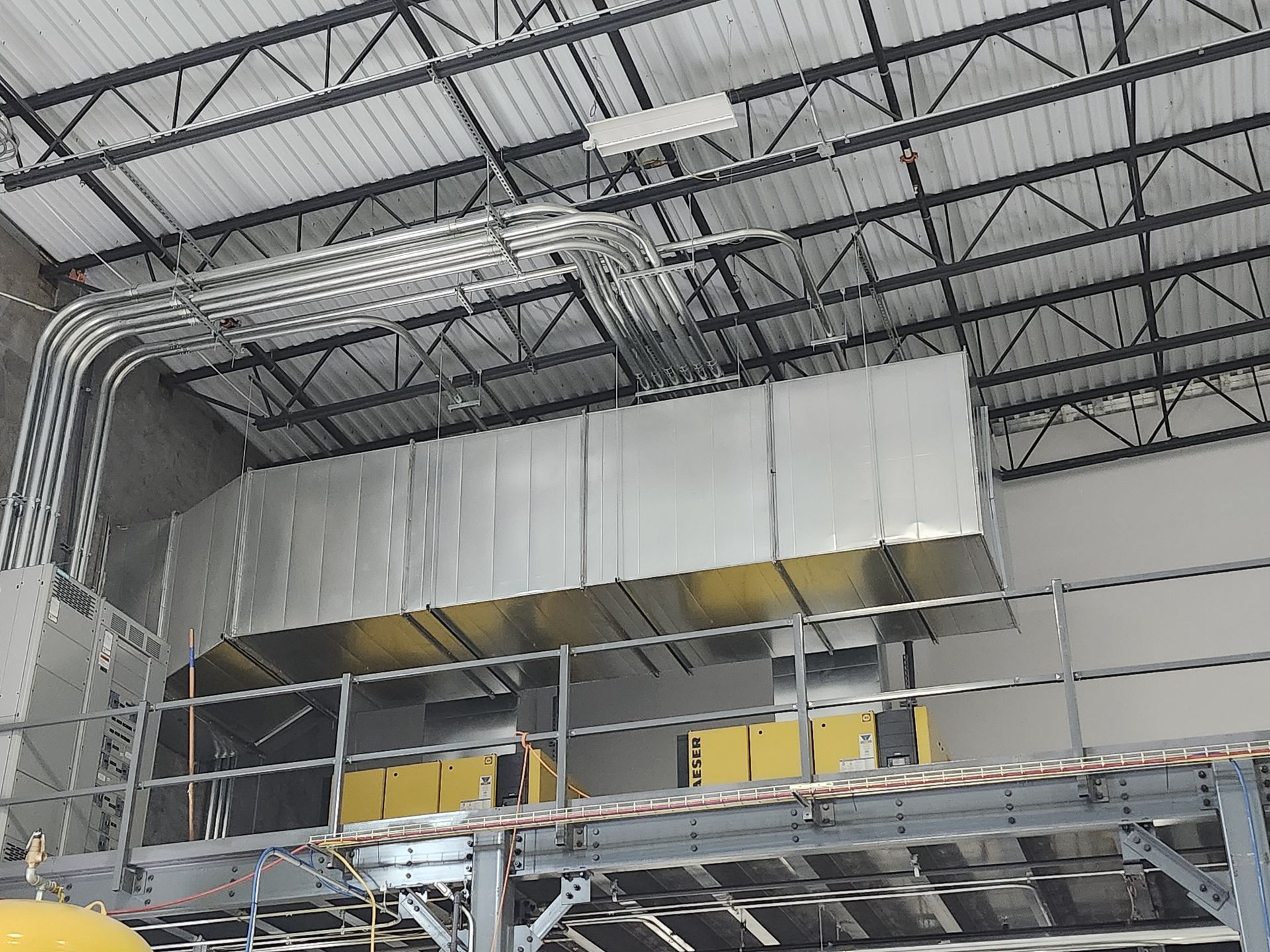

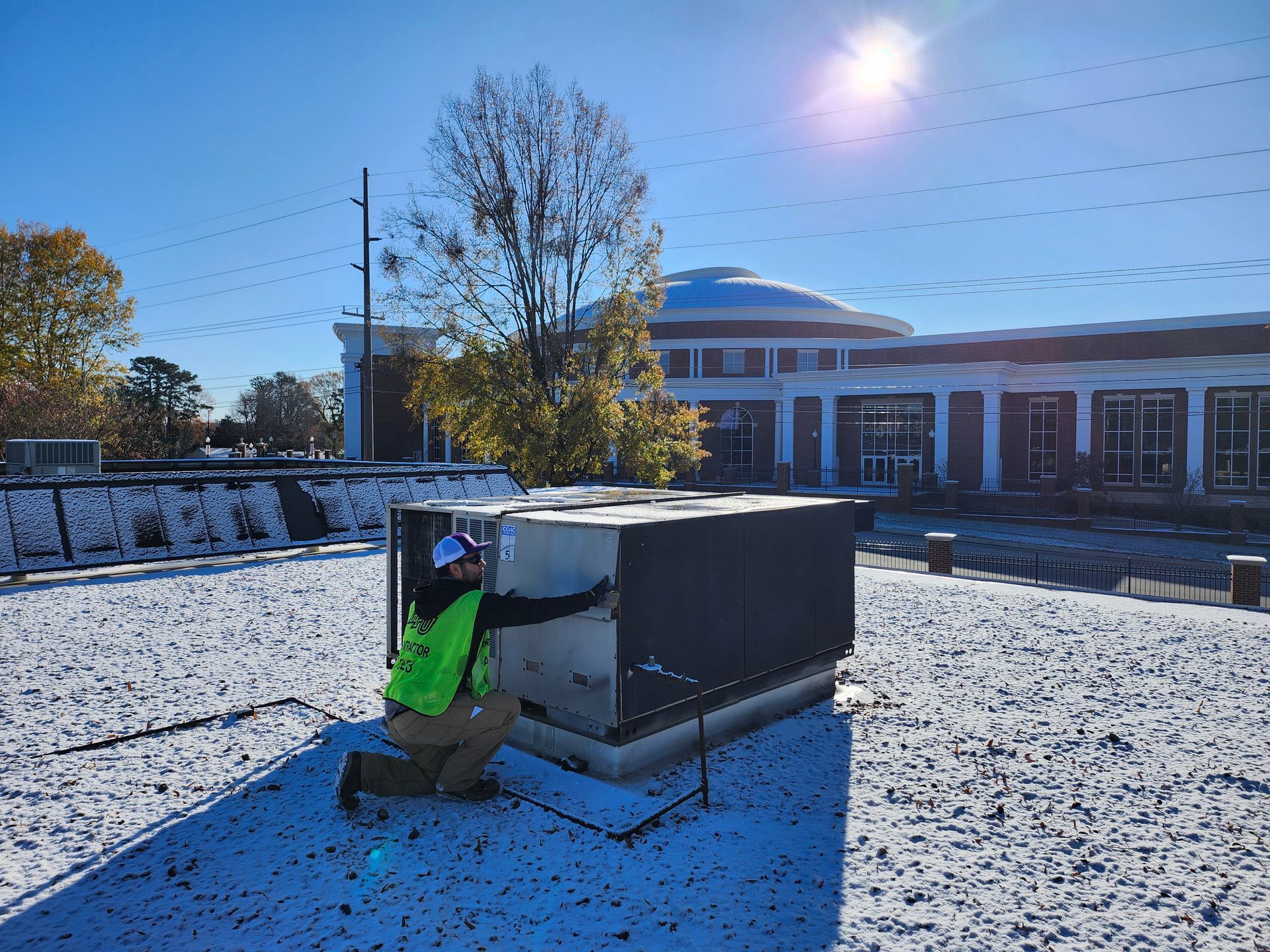
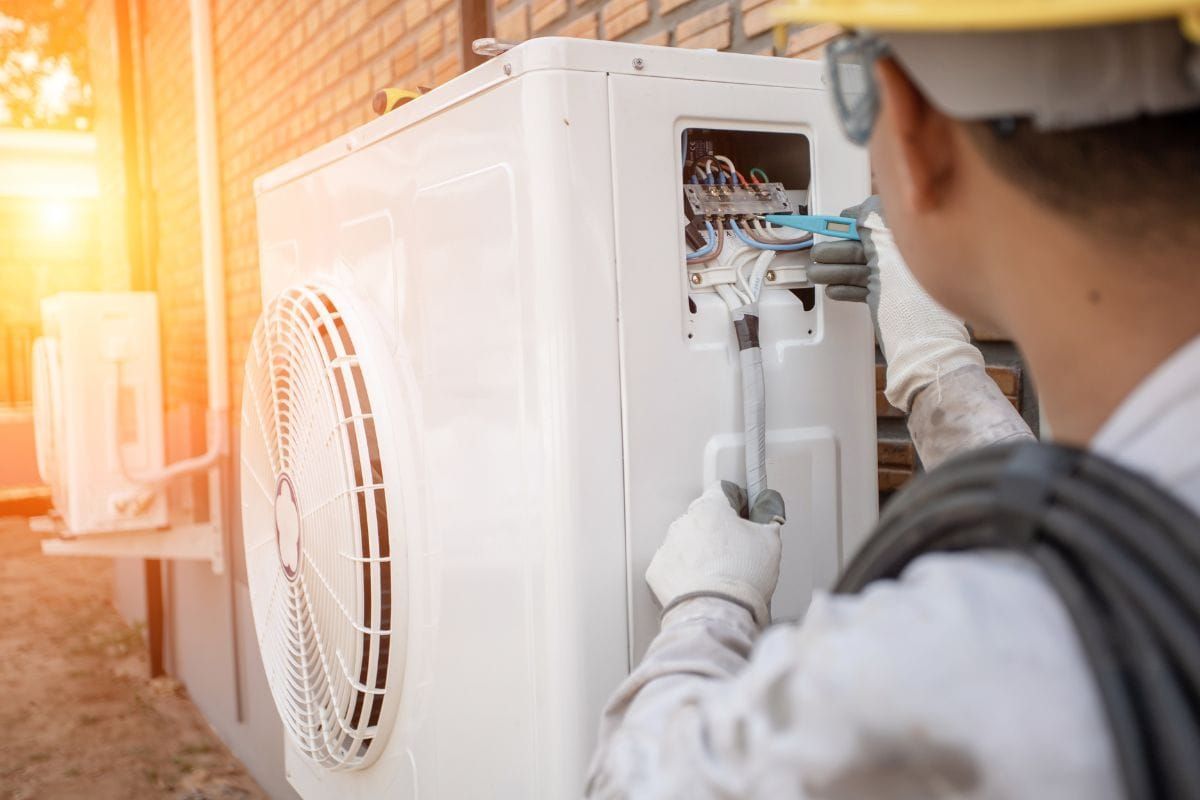

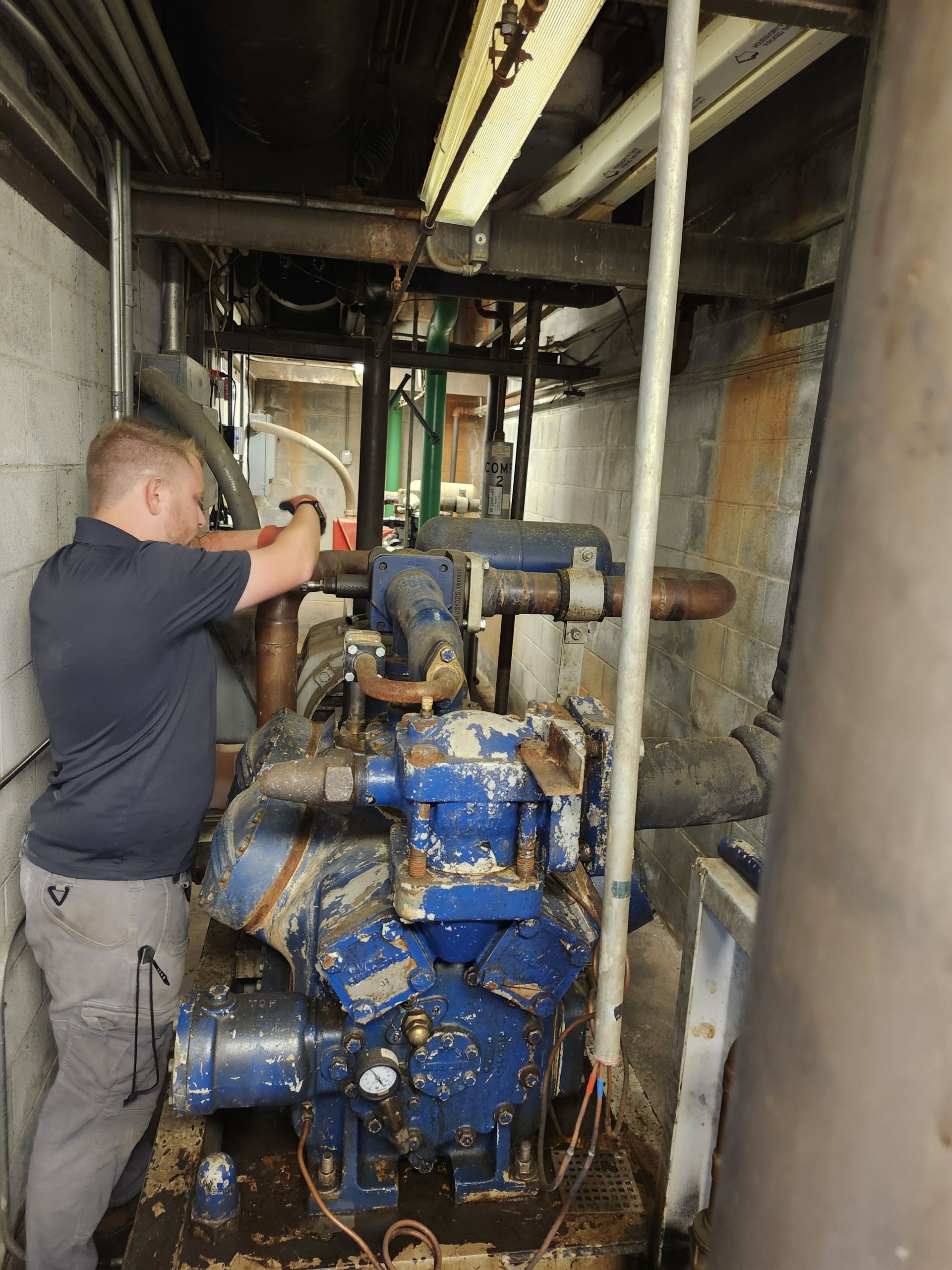

Share On: